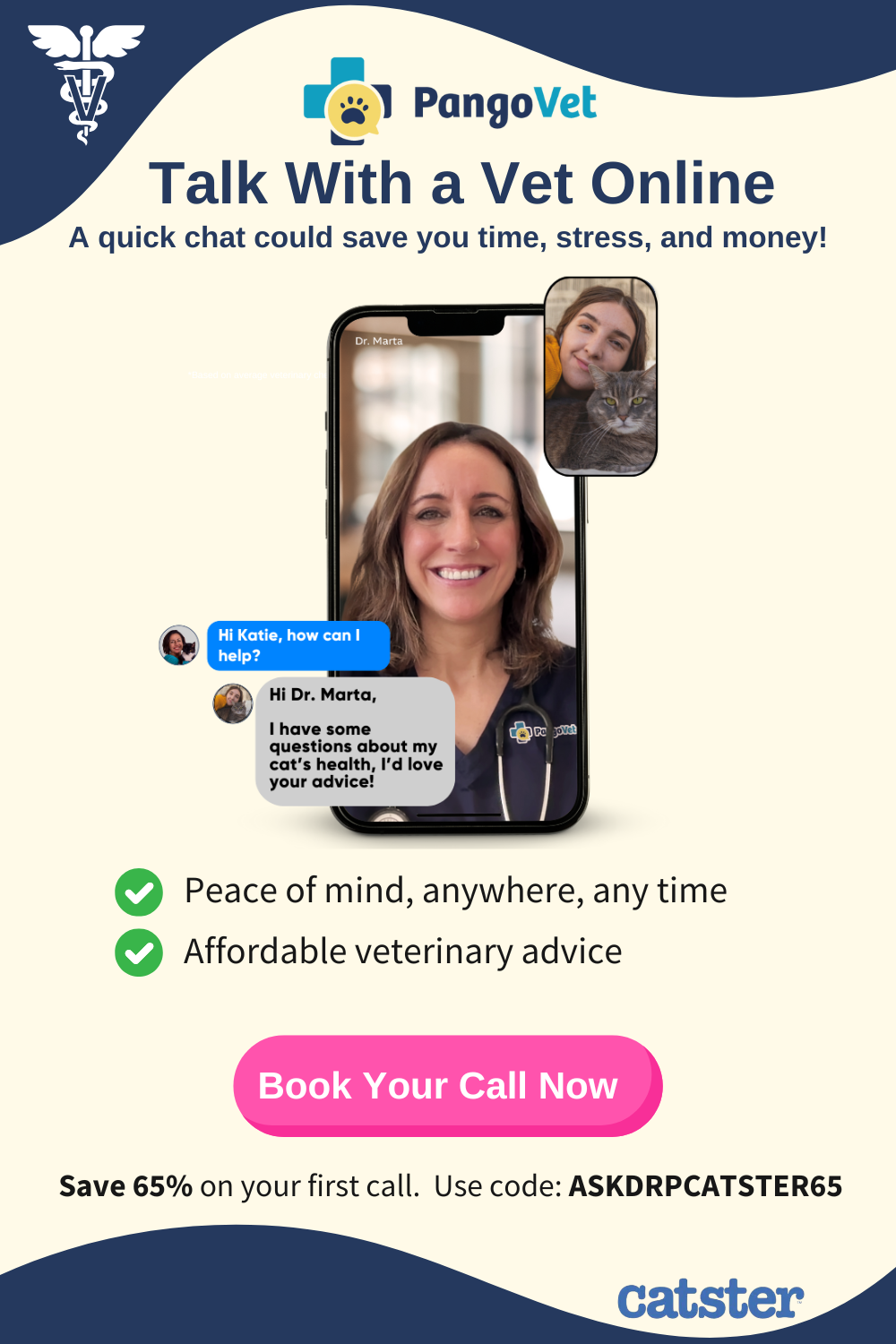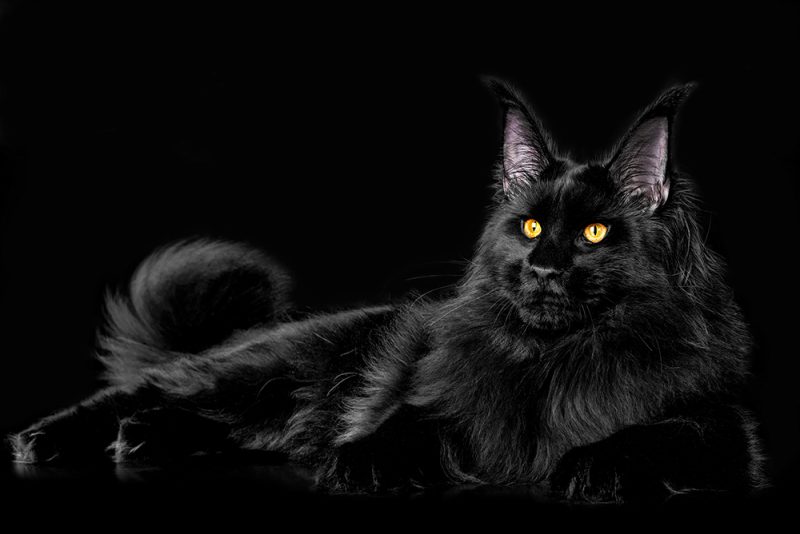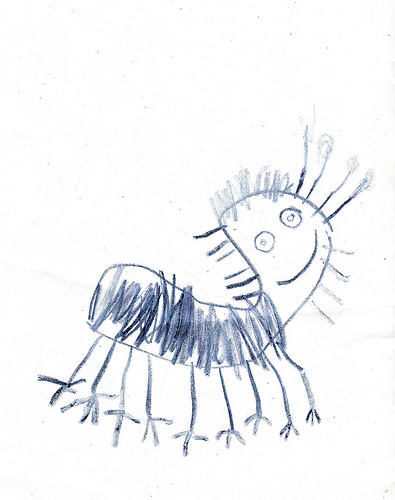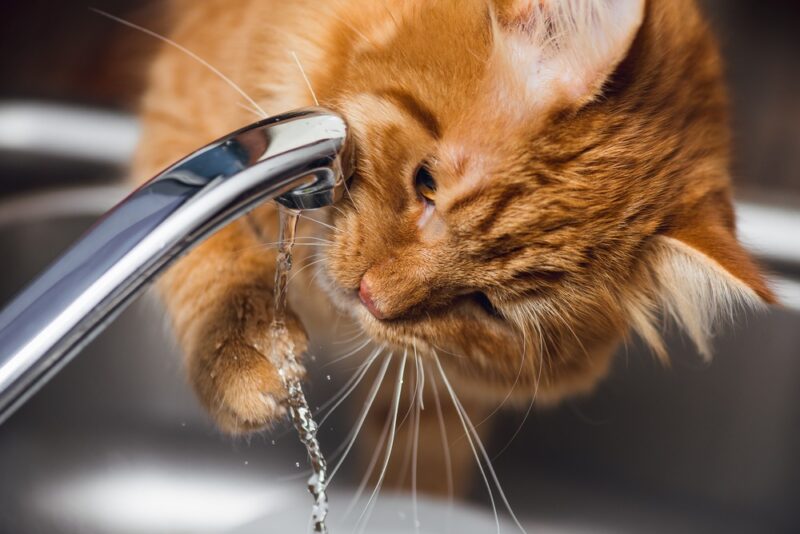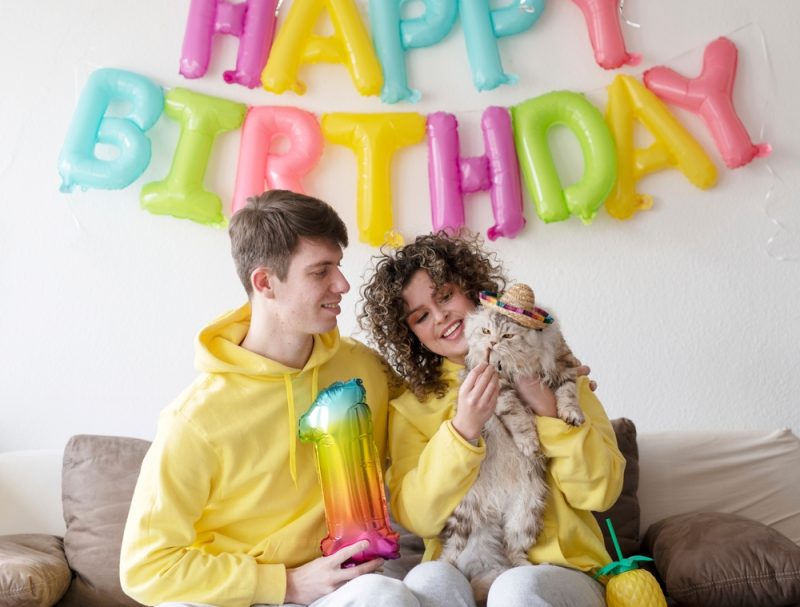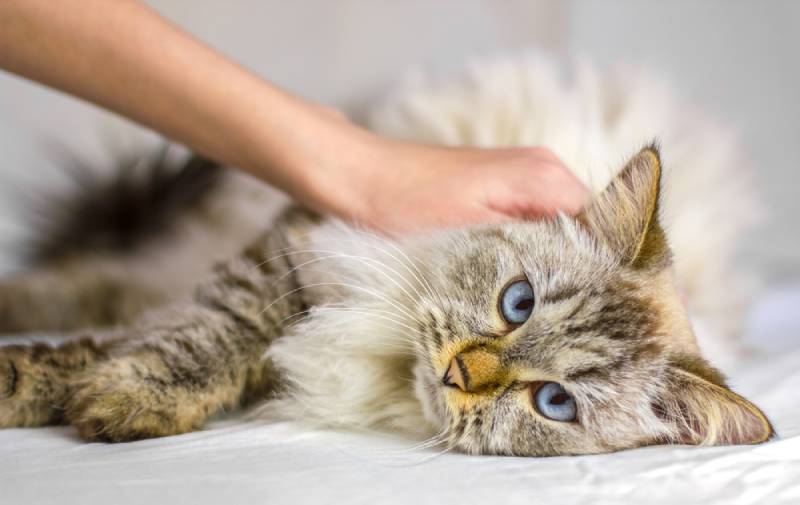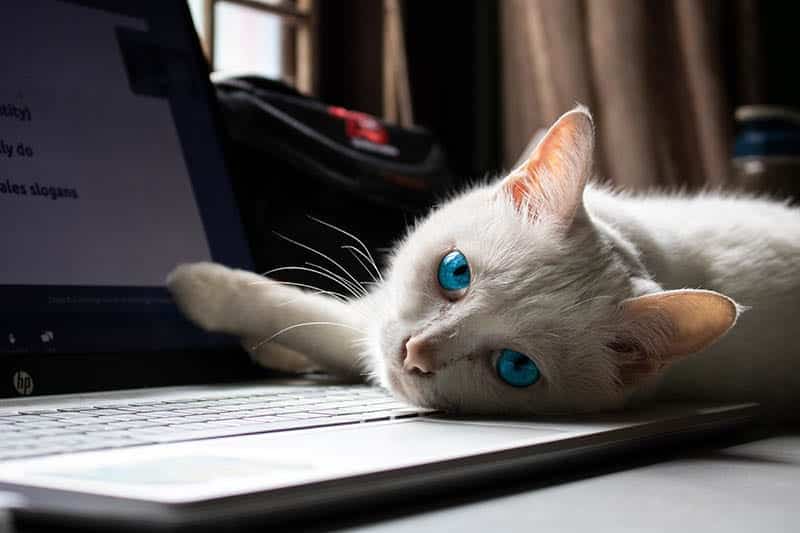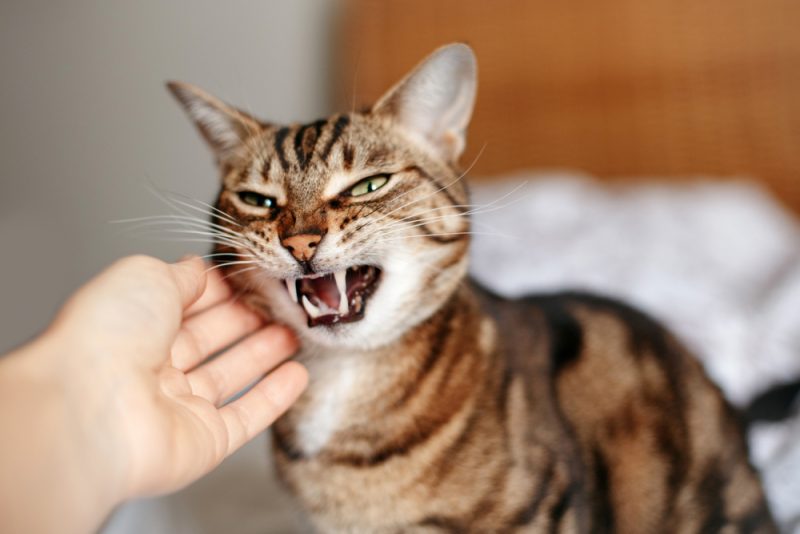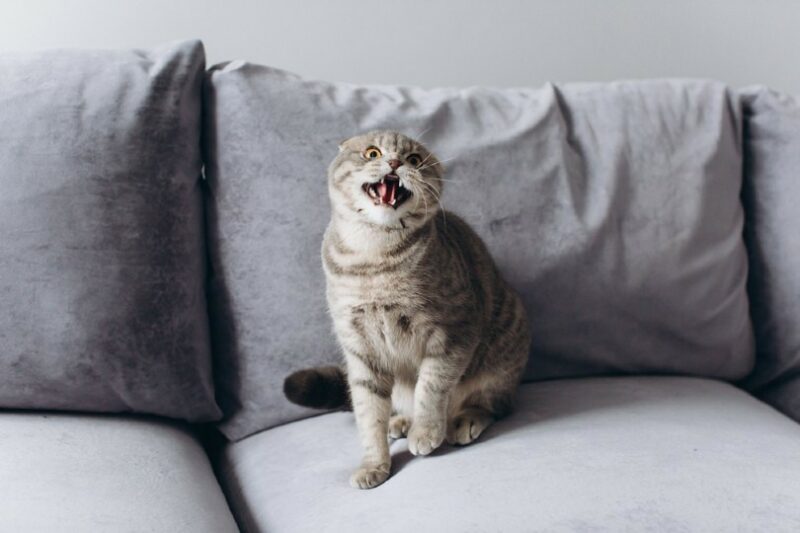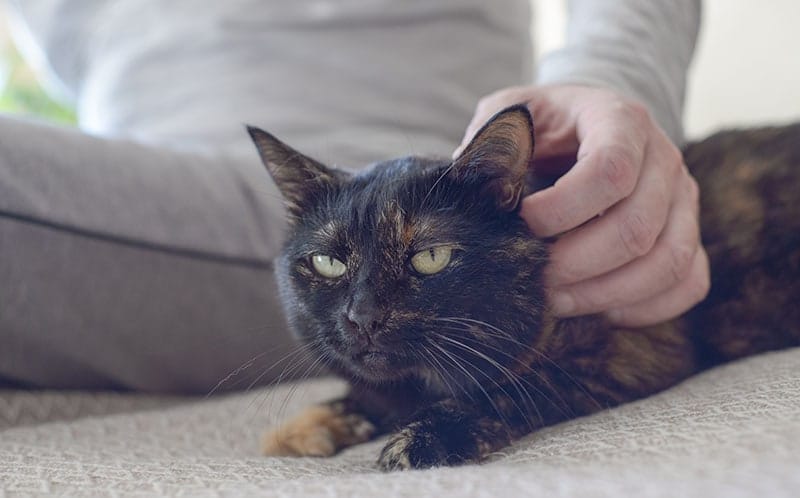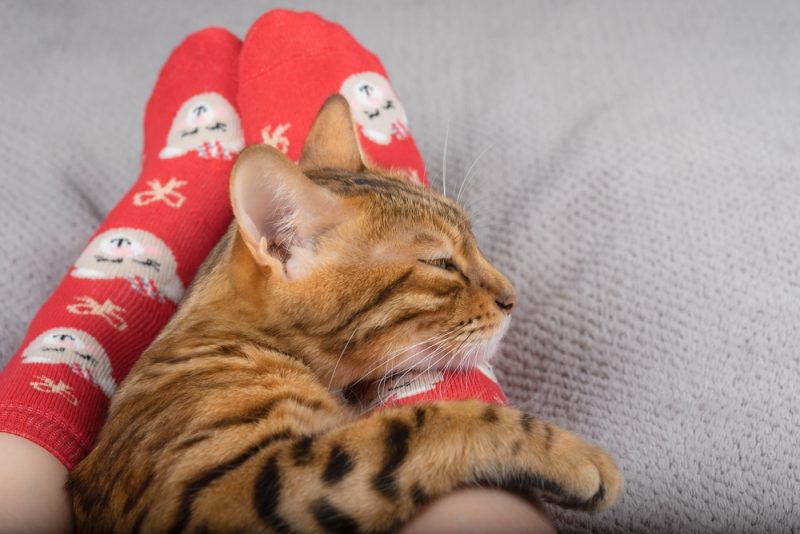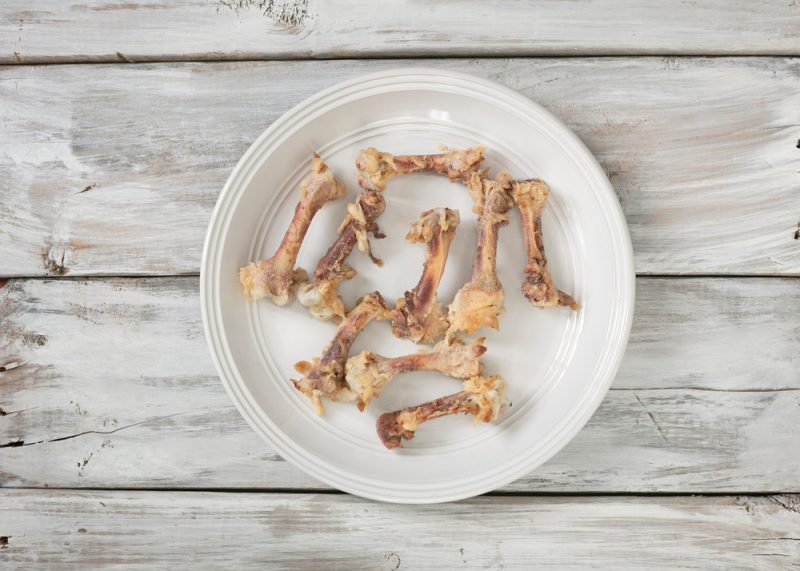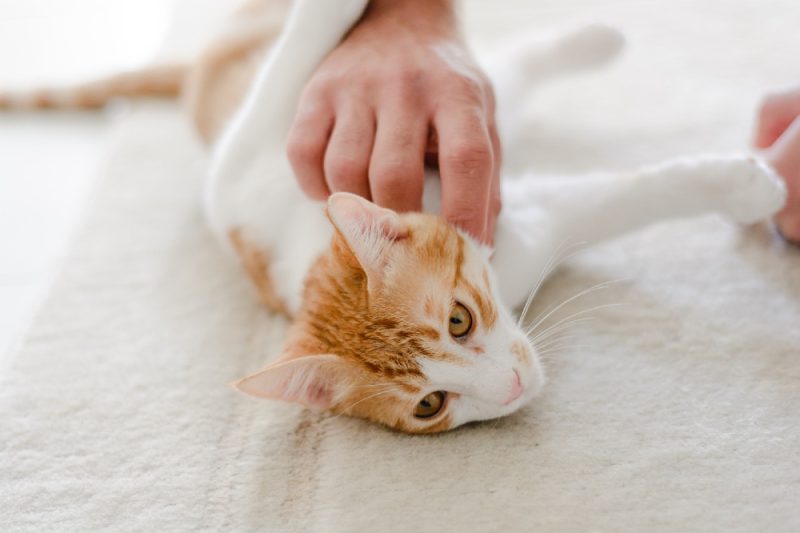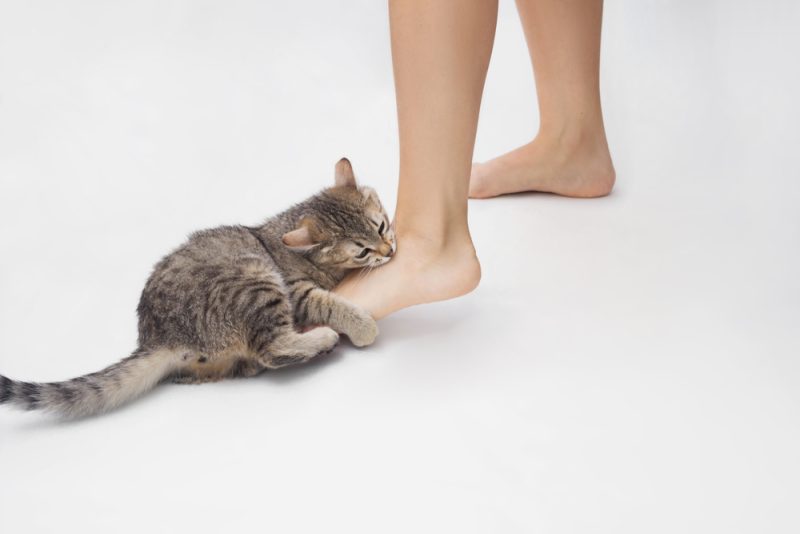Welcome to our “Ask Dr. Paola” series, where every Monday we bring expert advice straight from Dr. Paola Cuevas (MVZ) to help our readers better understand their cat’s health and well-being.
Whether you’re a new pet parent or a seasoned cat lover, Dr. Paola is here to provide answers to your most pressing questions. From nutrition tips and preventive care to troubleshooting common behavioral issues, Dr. Paola is ready to offer insights that will keep your kitty happy, healthy, and feline fine. Stay tuned for expert guidance on a range of topics that matter most to you and your cat, so you can make informed decisions and provide the best possible care for your furry companion.
Have a question? Send it in here!

Help! My Cat is Low Iron!
“Dear Dr. Paola,
My cat Paddington has anemia. What food can help get his iron up” – Ron
Hi Ron,
I am sorry to hear that Paddington is dealing with anemia. It is important to understand that anemia is not a condition on its own but rather a sign of an underlying problem. This can result from blood loss, parasites, chronic disease, nutritional deficiencies, or bone marrow disorders. Veterinarians classify anemia into two broad categories: regenerative, where the body is actively replacing lost red blood cells, and non-regenerative, where the bone marrow is not producing enough new ones. Because each type has very different causes, ranging from intestinal parasites to chronic kidney disease, the first step is always proper veterinary testing to identify the root of the problem.
From a nutritional perspective, a complete and balanced feline diet already contains the iron and other essential nutrients cats require for red blood cell production. Key nutrients include vitamin B12, folate, and high-quality animal protein, which are just as critical as iron itself. Giving extra iron without knowing Paddington’s specific needs can be harmful, so supplementation should only be done under veterinary direction. At home, you can best support him by ensuring he eats a high-quality cat food, stays well hydrated, and is monitored for changes in appetite, energy, or breathing.
Since anemia can have many possible causes, the most important step is to work closely with your veterinarian to determine which type Paddington has. Once that is clear, nutrition and other supportive care can be tailored as part of his treatment plan. In the meantime, keeping his routine predictable, minimizing stress, and encouraging steady eating will help him conserve energy and feel more comfortable.
If at any point, even after your veterinary visits, you feel you would benefit from more clarity, at PangoVet, we can help you better understand what is happening with Paddington. We can explain what specific diagnostic tests are designed to assess, offer general guidance, and share how similar cases are commonly managed. This can make it easier to navigate your cat’s situation and feel more confident in the care he is receiving. Booking is simple, and you don’t even need to leave your home.
Best wishes,
Dr. Paola

If you'd like to talk with a vet, like Dr. Paola or one of our other expert veterinarians, you can head over to PangoVet. It's our online service where you can talk with a vet online and get the advice you need for your cat — all at an affordable price!
Catster reader exclusive deal: Save 65% on your first call, use code ASKDRPCATSTER65 at checkout.

I Need Help Deciding to Keep My Cat Indoors or Let Her Roam!
“I have a question about my kitten Sindibad. We live in a house, and we have a very small newborn baby. For safety, I wanted to keep the cat in the house. The house is big, so she would have plenty of space to run, but it is also still a house in the village, so I would like to provide my cat with the freedom to run around the house. Do you think it is a good idea (is it safer) to keep the cat inside for the first year or so, until the baby is older, and then let the cat go outside? On one side, I would love to keep the cat indoors, but on the other hand, my conscience won’t let me keep her inside when there is a whole beautiful world outside for her to explore, especially in the village. What do you think? “ – Polly
Hi Polly,
Thank you for sharing such a thoughtful question about Sindibad. I understand the feeling of wanting to give a kitten the freedom of the outdoors, especially in a village setting where nature is so close. At the same time, much like you would keep a small child safe until they are ready to explore on their own, young cats benefit greatly from a protected environment during their first year. This is the stage where they are most vulnerable to infectious diseases, parasites, and injuries, so keeping Sindibad indoors allows her to grow strong and healthy without those risks. With a spacious home, she can have plenty of stimulation if you provide vertical spaces like climbing structures, scratching areas, and interactive play that mimic the challenges she would encounter outside.
When the time comes and Sindibad is fully vaccinated, spayed, and more mature, you can decide whether outdoor access is something you would like to introduce. Many families choose gradual, safe exposure, such as supervised time in the yard, leash training, or even a secure catio. This approach offers the best of both worlds, much like giving a child a safe playground before allowing them to explore a wider world. For now, focusing on creating a rich indoor life will keep both your baby and your kitten safe, while still giving Sindibad the chance to express her natural behaviors. I hope this helps you make an informed decision!
– Dr. Paola

Help! My Cat is Pooping Everywhere!
“Please help me!! I have a 4-year-old sphynx called Nile, whom I got when he was 5 months old. It’s been nothing but poop problems ever since. We have tried so many different foods. Vets have tested him for all health issues, and he checked out fine. Now he is dropping little poop spots everywhere and pooping in my bathtub (assuming because he feels he can’t make it to the litter box in time). I’m just really hoping I can find a food that helps him.“ – Lori
Hi Lori,
I hear how distressing this has been for both you and Nile, especially given that you’ve already had good veterinary checks. When a cat has persistent loose stool or “poop spots,” and health workups are normal, the gut may be reacting to something in the diet over time. Think of it like a car: even if the engine is fine, the fuel might be causing low performance. We want to find a fuel (food) that gives Nile a steady, comfortable digestion. In cases where medical causes have been ruled out, nutrition truly becomes the cornerstone of management.
In situations like Nile’s, the most effective way forward is usually a careful, methodical approach. Choosing a single, highly digestible diet that either contains a novel protein Nile has never eaten before or a hydrolyzed protein where the molecules are broken down so small that his immune system is less likely to react. The key is to stick to that one food only, without treats or flavored medications sneaking in, for several weeks. If his stools start to normalize, then you know the food was a trigger. If not, you have at least ruled that option out and can move to the next step. It requires patience, but this systematic process is the most reliable way to help cats with chronic digestive upset.
It might also be worth considering how Nile experiences his litter box. When a cat feels urgency, any obstacle, whether it is the location of the box, the height of the entry, or even the scent of the litter, can make them look for the quickest alternative, like your bathtub. Sometimes, pairing the diet trial with an adjustment in litter box setup gives them the best chance of success. Since this is such a long-standing issue, working closely with your veterinarian on a formal elimination diet is the best next step. If you ever feel unsure in between visits, at PangoVet. We can provide general guidance, help explain what different diagnostic tests are designed to assess, and offer advice on how similar cases are often managed, so you feel more confident moving forward. Booking is super simple, and you do not even need to leave the comfort of your home.
Regards,
Dr. Paola
- Read last week’s questions here: September 22, 2025
- Find the full list of past articles here
- Click here to submit a question
- Sign up for our weekly newsletter below to get Dr. Paola’s advice sent straight to your inbox.


